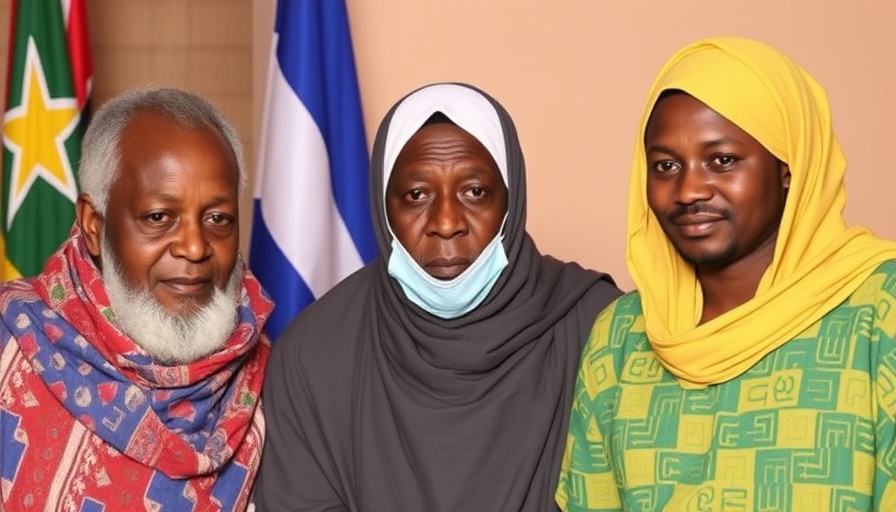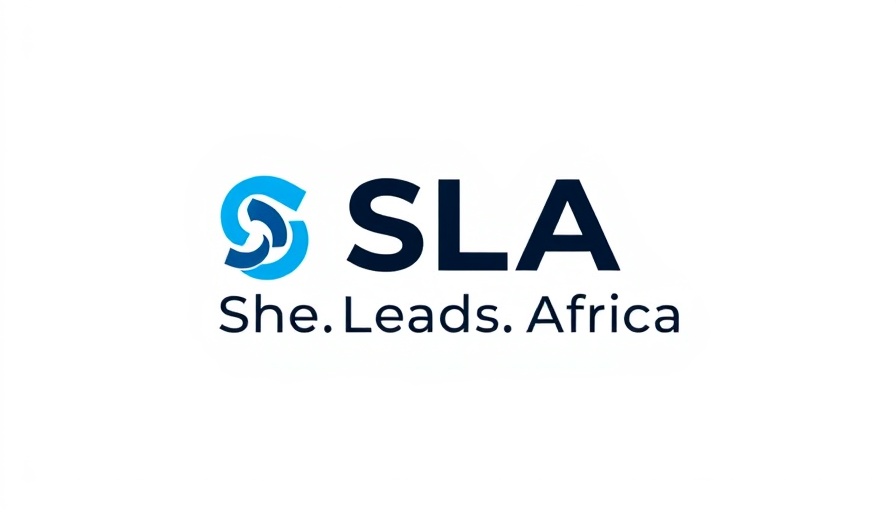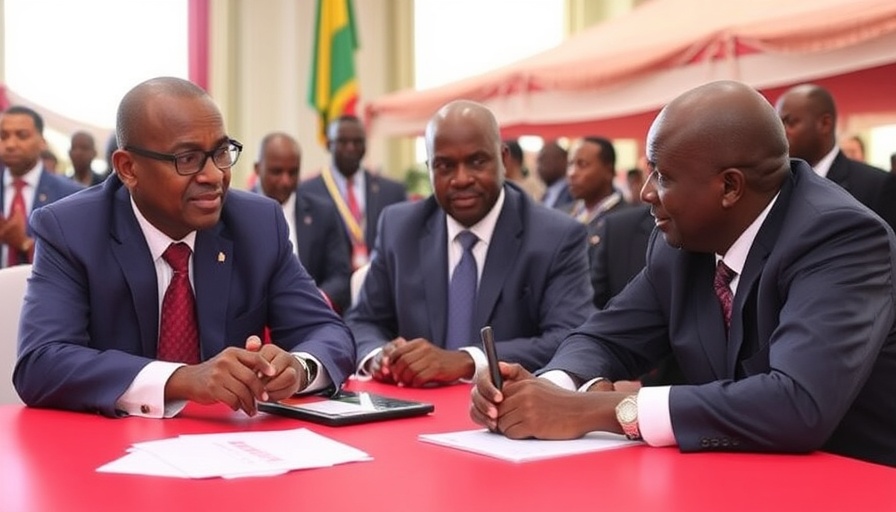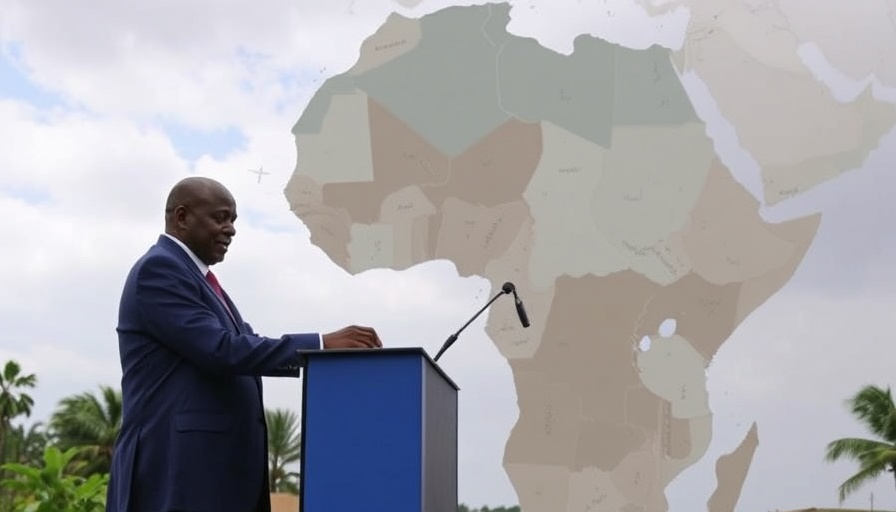
Somalia's Political Impasse: A Critical Turning Point for Democracy
As Somalia grapples with a significant political stalemate, leaders have failed to reach a consensus on the mode of elections, raising concerns over the country’s democratic future. The recent negotiations have exposed deep divisions among political factions, making it evident that the road to stabilizing governance remains fraught with challenges. This deadlock has the potential to disrupt not only local governance but also Somalia's critical relationships with foreign investors critical for economic growth.
The Wider Implications for African Governance
Somalia's inability to define its electoral process is emblematic of ongoing governance challenges in the region, which may have reverberating effects on foreign relations. The Global trade landscape relies heavily on stable political environments. Investors, both domestic and international, are closely monitoring the situation, recognizing that political instability often leads to economic uncertainty. In this context, Somalia’s failures could serve as a case study in the importance of governance structures for economic viability.
Future Opportunities: The Path Forward
Despite the current turmoil, opportunities exist for reform and engagement. Policymakers can leverage international support to push for more inclusive political mechanisms. The African Union, along with global diplomatic entities, can play a vital role in facilitating a solution that could stabilize the region and enhance Somalia’s prospects for participation in broader economic initiatives, such as trade agreements with the EU and BRICS nations.
A Call to Action for Stakeholders
Business leaders and policymakers must champion the importance of resolving Somalia’s political crisis, recognizing that stable governance is crucial not just for Somalia but for East Africa’s economic integrity within the global market. Engaging with Somalia through diplomatic and economic avenues may also facilitate governance reforms that are essential for long-term stability.
As Somalia stands at this critical crossroads, the time to act is now. Stakeholders must advocate for an integrated approach to governance that prioritizes democratic processes, ensuring that the Somali people can trust their leadership and economic prospects.
 Add Row
Add Row  Add
Add 


Write A Comment